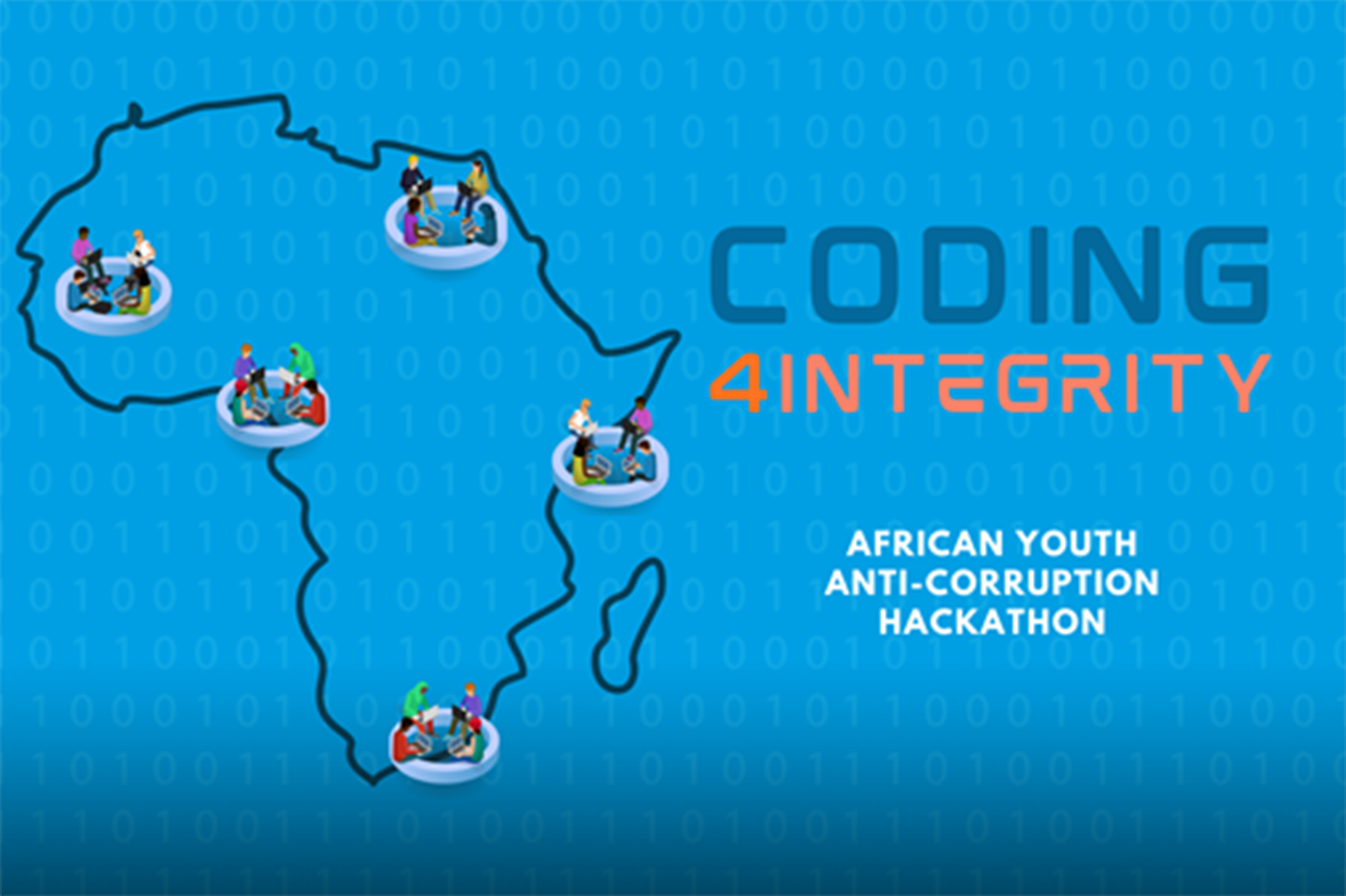The first edition of the Coding4Integrity hackathon series, organised in 2021 for young coders from Egypt, Kenya, Nigeria, Senegal and South Africa, represents one outstanding example of how to leverage distance learning, digital innovation and social entrepreneurship to meaningfully engage youth whilst empowering them in coming up with their own innovative and creative solutions.
More than 1,900 developers from the five African countries applied to take part in the hackathon – a figure highlighting both the breadth of expertise in the ICT space as well as young people’s interest in offering solutions to tackle the scourge of corruption – and 193 were admitted to the four weeks hackathon programme, comprised of training, mentoring and tech development components.

The hackathon offered young developers the chance to come up with their own ideas on how to counter corruption through technology. It was designed to encourage solutions around a series of thematic areas, including transparency in public administration, transparency in public procurement and the administration of public finances, safe and reliable reporting of corruption, and financial investigations. Each of the 65 teams chose a single thematic area and developed their ideas within one of three hackathon tracks, namely Artificial Intelligence, Blockchain Dapp Development, or Web2 Development.
One Team per each participating country was selected by an expert judge panel as winner and awarded financial support to further develop the winning tech solution, and in-kind contribution, to receive national and international exposure (e.g. in the margins of the ninth session of the Conference of the States Parties to the UN Convention against Corruption in December 2021 and the fourth edition of the World Youth Forum in January 2022, both held in Sharm El-Sheikh, Egypt).







